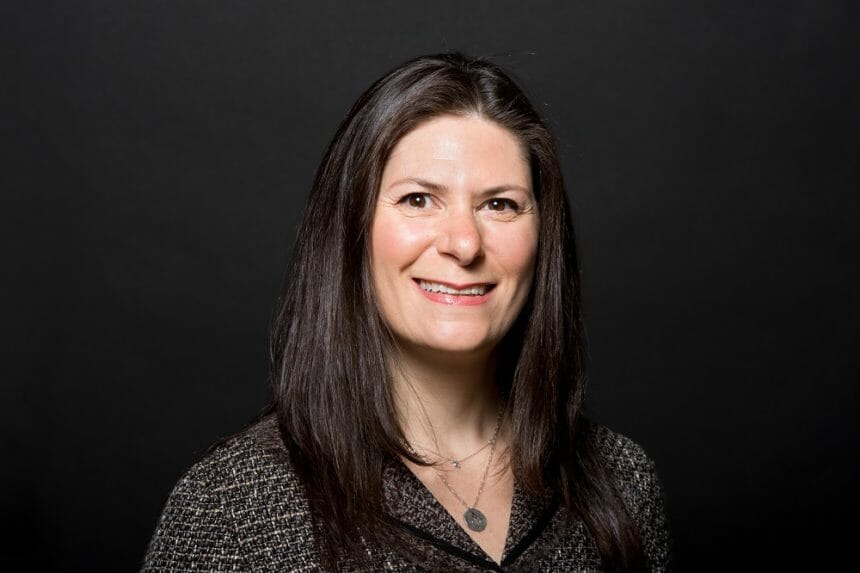At TEDMED in Boston earlier this month, COVID-19 was front and center in a room of 700 medically affiliated professionals, scientists and clinicians. From the first moment, during which a call for replacing handshakes with elbow bumps was issued, to the final presentation by Irish bard Kevin Toolis on embracing death, the novel coronavirus pandemic was on everyone’s mind.
TEDMED chairman Jay Walker even summoned Peter Piot, one of the microbiologists who discovered Ebola, to do a rapid-fire, 20-minute Q&A session on all things COVID-19. The organization plans to make this video available to the public as soon as possible.
As usual, the TEDMED klatch was filled with a range of mind-bending, precisely worded, 20-minute-long monologues about the most fascinating topics in healthcare. This year’s theme was “wonder” and the organizers did an impressive job of tailoring speakers and topics to it.
Among the highlights were presentations by Homer Venters, a physician who works with jails and advocates to expose the lack of quality medical care for prisoners; Joseph Shin, a physician who advocates for children of asylum seekers and immigrants (the children he has worked with are three to six times as likely to suffer PTSD from their experiences as soldiers returning from war); Wanda Irving, who has devoted her life to raising her grandchild after her daughter, Shalon Irving, died shortly after childbirth; and Leor Weinberger, a virologist who, after 20 years of dead ends in his research, discovered a “hijacker therapy” that could eradicate HIV.
The theme of wonder was powerfully represented by these speakers – as it was by members of the audience. TEDMED seems to draw not only the friendliest medical professionals, eager to meet and exchange ideas with others, but some of the brightest minds in our industry.
One of my favorite chats was with Anne Marie Albano about her expertise in managing childhood anxiety (she suggests that many parents, out of love and concern, enable this anxiety in their children by helping them avoid anxiety-producing situations) and her pride that her elderly parents were able to watch her talk via livestream. In fact, I had the opportunity to speak with several speakers about the intense experience of preparing for a TED talk – the hours of rehearsing, the coaching and the stress of memorizing such a large volume of material. It really enhanced my appreciation for what goes into the TED formula. It’s no joke.
I also met innovators like Jon Bloom, the founder of Podimetrics, who has built a medical device that can be installed in a diabetic’s home to monitor subtle changes in the skin on their feet and reduce the incidence of diabetic sores between doctor visits. AI- and data-driven diagnosis was a key theme among innovators (like Buoy and Eight Billion Minds) looking for a way to harness our collective health information for better treatment opportunities and outcomes.
I don’t know how COVID-19 will impact us in the coming months, but I’m certain it will reduce our interactions with others. It seems likely that conferences and events will most likely continue to be canceled or postponed in the coming weeks.
Although we may have to rely on videoconferencing to connect with others for now, I’m grateful I was able to see and meet so many people who are passionate about healthcare before the cancellations began. TEDMED gave me confidence that, while our infrastructure may struggle with the pandemic, our healthcare industry is poised to pivot, ideate and innovate to meet whatever challenges lie ahead.
Zoe Dunn is president and CEO of Hale Advisors







